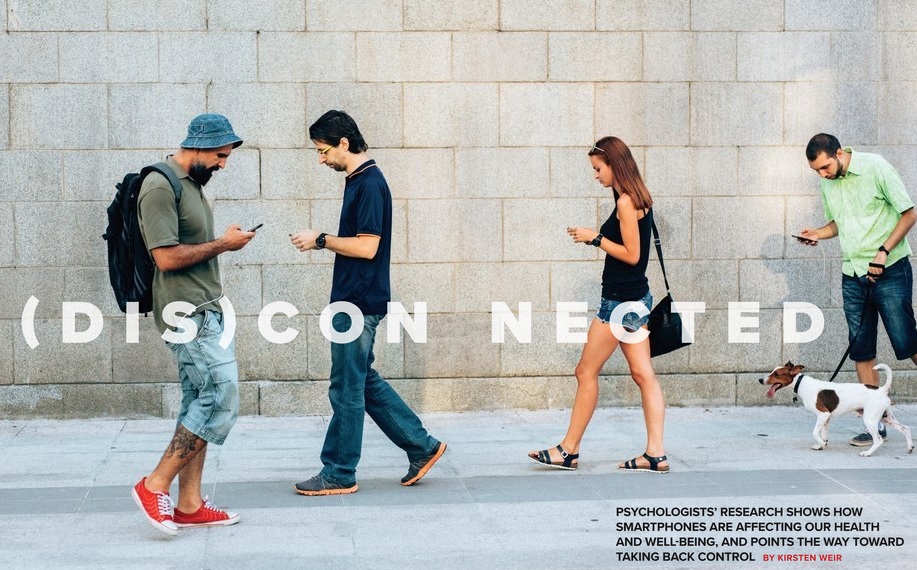These last two weeks (March 7 to 16) have been full of weather and safety-related concerns, and it's led me to take stock of what drives me these days and how I want to live my life now.
For those readers living outside the Rochester metropolitan area, we experienced a windstorm on March 7 that left over half of the region without power for days followed by a cold weather snap with daytime temps in the 20's. As many of the trees were cleared and power was mostly restored by the start of the next week, we were hit by Winter Storm Stella that dumped approximately two feet of snow in an on-going two day snow shower starting on March 14.
I had a full caseload every day these last two weeks, but the windstorm and emerging snow storm prompted me to shuffle my schedule and cancel a full day of patients on March 15.
Now I'll be honest: I do not like it when anything prevents me from doing what I had planned. Yes: this is the pot calling the kettle black coming from this here clinical psychologist.
But the truth is I needed this dose of reality that was served up to me over the last two weeks.
It gave me a chance to meet people near us who took us in while our power was out.
It gave me a chance to be present for my daughter during and after outpatient eye surgery.
It gave me a chance to connect with people deeply because there was space and time for it.
“I wish I could say that I’d never been here before”
That's how I feel right about now as I realize I would've missed my daughter's surgery had the weather not laid to waste my plans to focus on my work instead. So many times before I've been so driven that I don't even see the road I'm driving the car of my life on. And for that, I feel compelled to reflect on how I can align my priorities more consistently with my values.
I had planned on my previous post (UnReal InstaLife) being the final one in a series about digital communication and re-framing our experience with it. After my daughter's surgery, I am reassessing how my digital existence impacts my reality as a parent, partner, and provider. I have such an intense, unrelenting desire to improve things that I very often forget to slow down, turn off the phone, and make the time to reflect rather than react to the moment I'm in.
So the weather gave me cause for pause and the opportunity to be present for my family, but another thought snuck in without my realizing it until the past weekend turned into this week.
When I think it could be therapeutically helpful and when I feel it logistically necessary, I have shared with my clients a bit about my personal life. Many folks know that My Better Half and I are expecting our third child in May and have showed such care and interest in her well-being.
Knowing that my client's think and care about my family is something that moves me in a way I can't really describe in words, which is saying a lot given my predilection for hearing my own voice.
And on more than one occasion in the past two weeks, I've had clients look me in the face or tell me sincerely in writing that they have prayed for my wife's health and my daughter's. Now my faith is something I have generally regarded as a private matter, but the deep gratitude I feel toward my client's in sharing their faith with me has led me to re-examine mine in my work.
This then is a long-winded thank you to my clients, my family, my friends, and my community for calling my faith to mind during this unexpectedly trying month of March. So in the spirit of sharing more of myself, here is a picture of my family, in our comfy clothes, celebrating St. Patrick's Day by appreciating our warm home, our health, and some much needed time together.









